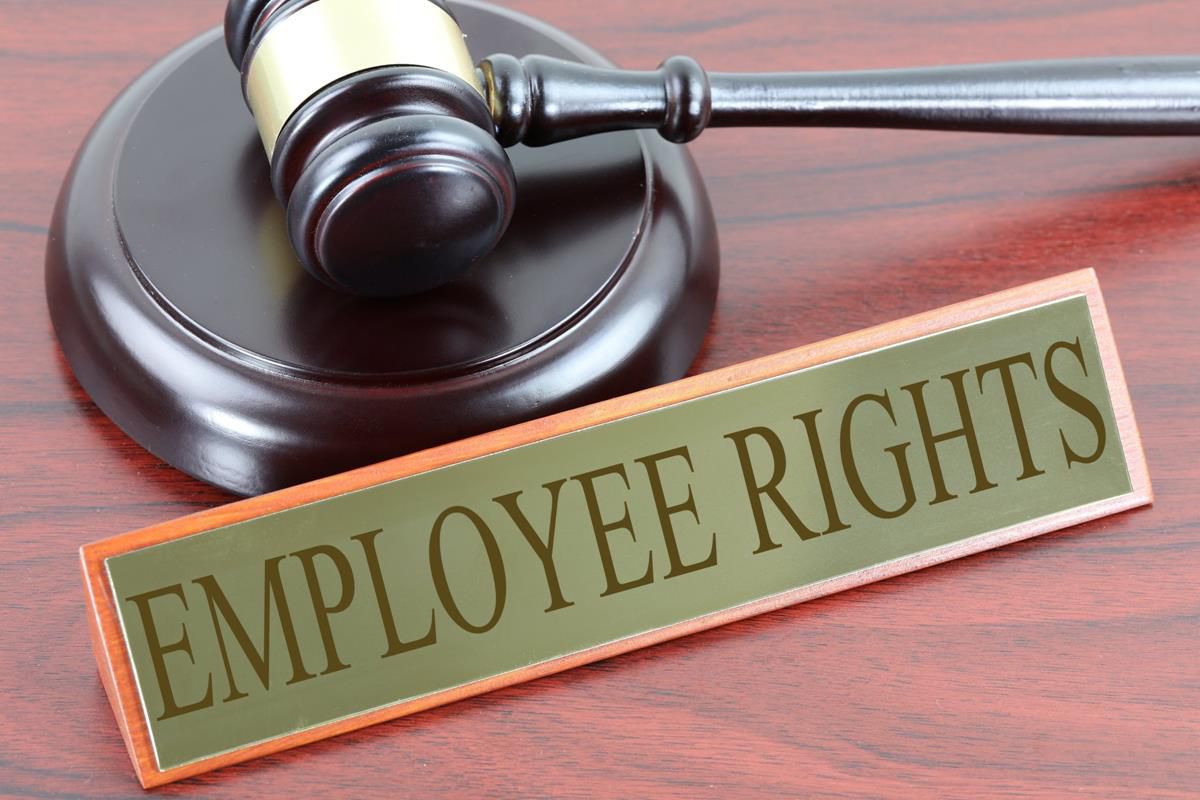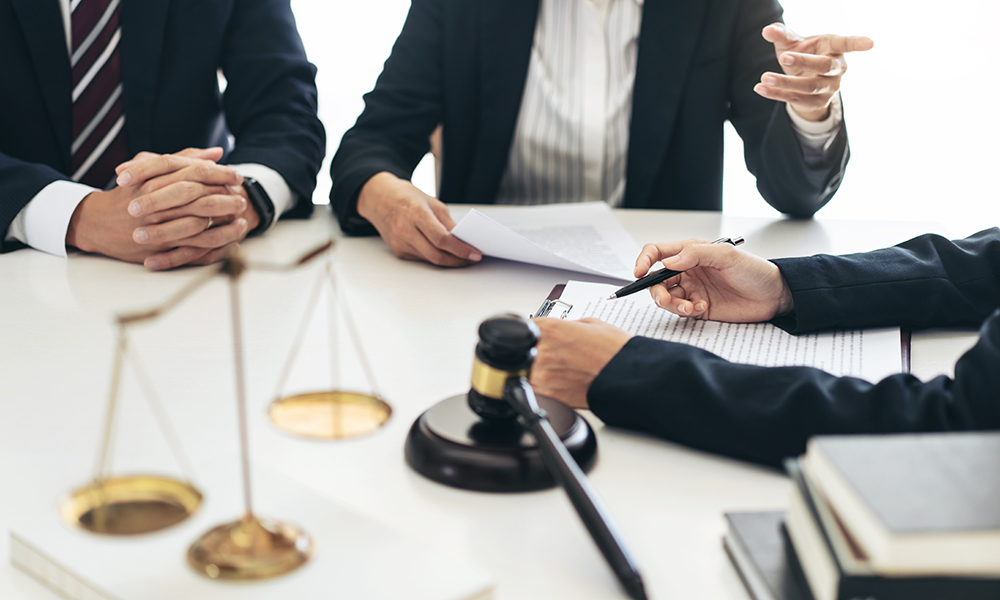How to Find Good Lawyers

In the complex world of legal issues, having a competent and reliable lawyer is essential. Whether you are dealing with a personal injury case, a business dispute, or any other legal matter, finding the right lawyer can significantly influence the outcome. This guide will walk you through the steps and considerations for finding a good lawyer, ensuring you have the best representation possible.
Understanding Your Legal Needs
Before you start searching for a lawyer, it is crucial to understand your specific legal needs. Different lawyers specialize in various fields, so identifying the type of legal expertise you require will narrow down your search effectively.
Types of Lawyers
- Personal Injury Lawyers: Handle cases involving accidents, injuries, and negligence.
- Criminal Defense Lawyers: Defend individuals accused of crimes.
- Family Lawyers: Specialize in matters such as divorce, child custody, and adoption.
- Business Lawyers: Focus on corporate law, contracts, and business disputes.
- Immigration Lawyers: Assist with visas, citizenship, and other immigration issues.
Researching Potential Lawyers
Once you have identified the type of lawyer you need, the next step is thorough research. Here are some effective methods to find potential lawyers:
Online Directories and Legal Websites
Websites like Avvo, Martindale-Hubbell, and the American Bar Association provide comprehensive directories of lawyers, including reviews, ratings, and detailed profiles.
Personal Recommendations
Ask friends, family, or colleagues for recommendations. Personal referrals can provide insights into a lawyer’s competence and character that online reviews may not offer.
Local Bar Associations
Local bar associations often have referral services that can connect you with lawyers in your area who specialize in the type of law you need.
Evaluating Lawyer Credentials
After compiling a list of potential lawyers, the next step is to evaluate their credentials and track records.
Experience and Specialization
Check how long the lawyer has been practicing and whether they specialize in the area of law relevant to your case. Experience in a specific field can be a significant advantage.
Reputation and Reviews
Look for reviews and testimonials from previous clients. Pay attention to patterns in the feedback, both positive and negative.
Disciplinary Record
Verify whether the lawyer has faced any disciplinary actions by checking with the state bar association. A clean disciplinary record is crucial for ensuring reliability and ethics.
Initial Consultation
Most lawyers offer an initial consultation, often free of charge. This meeting is an opportunity to assess the lawyer’s suitability for your case.
Preparing for the Consultation
- Gather Documentation: Bring any relevant documents and information related to your case.
- List of Questions: Prepare questions to ask about the lawyer’s experience, strategy, and fees.
Key Questions to Ask
- What is your experience with cases similar to mine?
- What is your success rate?
- How do you plan to approach my case?
- What are your fees and billing practices?
- How will you keep me informed about the progress of my case?
Assessing Communication and Compatibility
Effective communication and a good rapport with your lawyer are essential for a successful working relationship.
Communication Style
During the consultation, observe the lawyer’s communication style. Are they clear, concise, and attentive? Good communication is key to understanding your case and the legal process.
Responsiveness
Consider how quickly the lawyer responds to your inquiries. Prompt responses indicate that the lawyer values your case and is attentive to your needs.
Comfort Level
Your comfort level with the lawyer is crucial. Trust your instincts and consider whether you feel confident in their ability to represent you effectively.
Understanding Legal Fees
Legal fees can vary widely, so it’s important to understand how a lawyer charges and what you can expect in terms of costs.
Types of Fee Structures
- Hourly Rate: Charged per hour of work. This is common for many types of legal work.
- Flat Fee: A set fee for a specific service, such as drafting a will.
- Contingency Fee: The lawyer is paid a percentage of the settlement or judgment. This is common in personal injury cases.
- Retainer Fee: An upfront fee that covers initial costs, with additional billing as needed.
Cost Estimates
Ask for a cost estimate during the initial consultation. Understanding the potential costs upfront can help you budget and avoid surprises later.
Making Your Decision
After evaluating all the factors, it’s time to make your decision. Choose a lawyer who not only meets your professional criteria but also makes you feel confident and comfortable.
Trust Your Judgment
Consider all the information you have gathered and trust your judgment. The right lawyer should have the experience, skills, and personality that align with your needs.
Finalizing the Agreement
Once you have selected a lawyer, ensure that you have a clear understanding of the terms of the agreement. This includes the scope of work, fee structure, and any other relevant details.
Finding a good lawyer requires careful consideration and research. By understanding your legal needs, researching potential lawyers, evaluating their credentials, and assessing compatibility, you can find the right legal representation to achieve the best possible outcome for your case.



